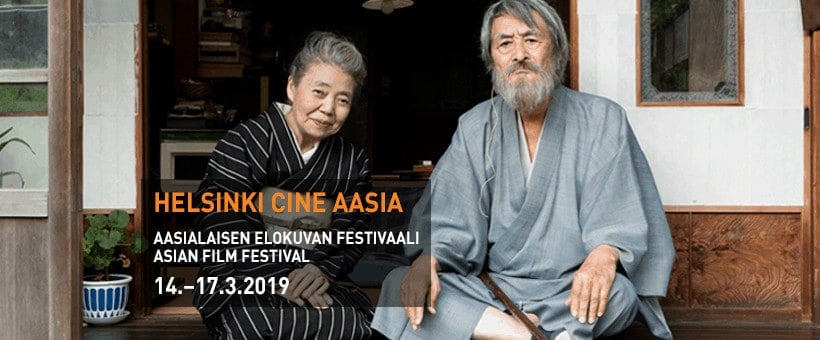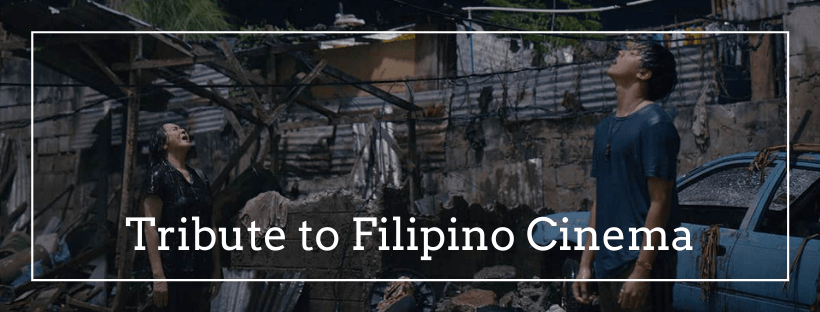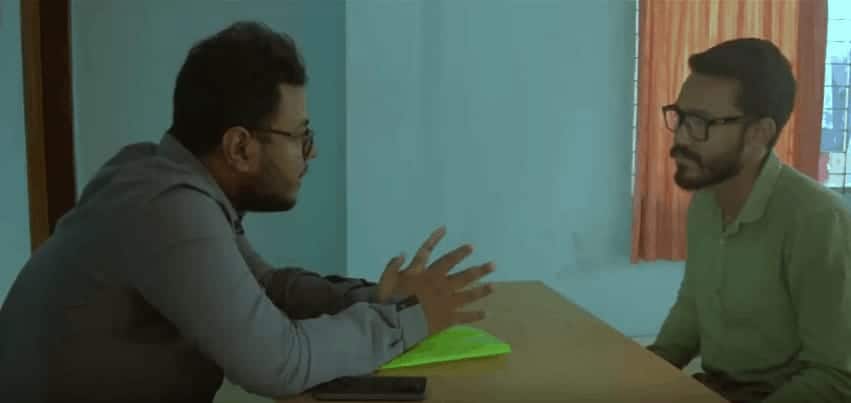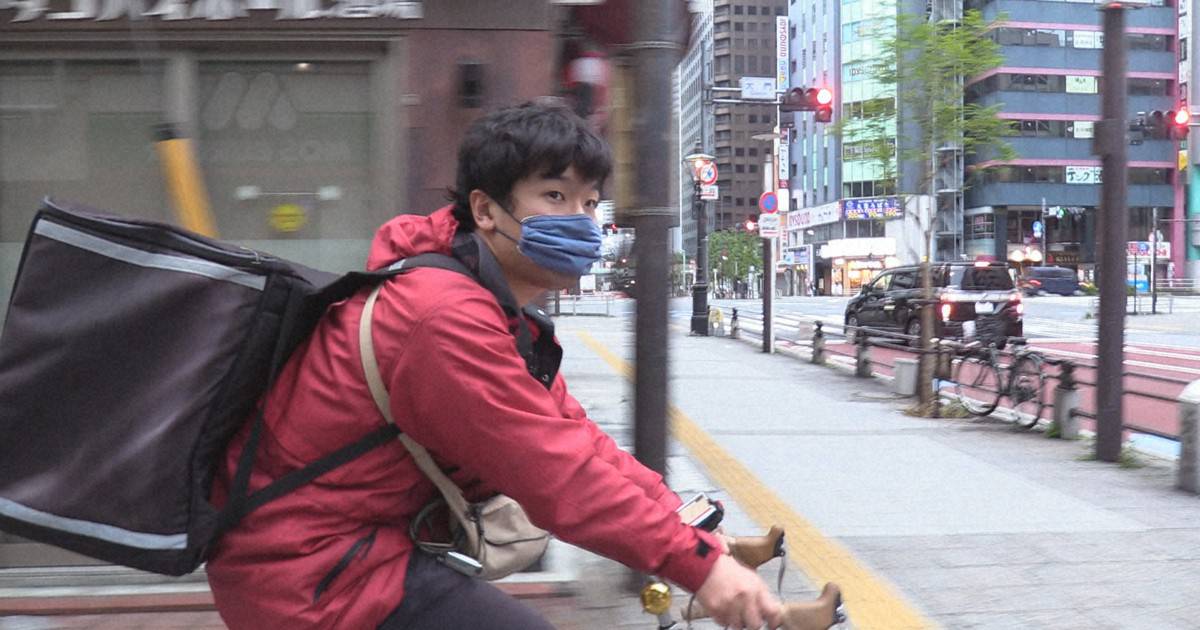Brillante Mendoza has made a career out of highlighting the “dark corners” of the Philippines, and “Alpha” is no exception to the rule. His style, however, is much different here, as the film winks at the mainstream, despite the fact that the documentary-like tactics are still here. Let us take things from the beginning, though.
“Alpha: The Right to Kill” is screening at Helsinki Cine Aasia 2019

The story revolves around two radically different individuals, with the Philippines Government's crackdown on illegal drugs functioning as the background. The first one is Police Officer Espino, a respectable professional, family man and Christian, and Elijah, a small-time pusher who has become his informant, in a desperate effort to provide for his wife and newborn child. During a police raid to the hideout of a notorious drug dealer named Abel that results in a number of deaths on the criminal's side and very few arrests, the protagonist duo seem to be on the top of their game, and not just in law-abiding deeds. As time passes though, their side-jobs catch up to them.
Brillante Mendoza directs a film that unfolds much like a documentary, with hand-held cameras, drones, lengthy tracking shots that occasionally make the film look like it was completely shot in one take, “muddy” colors, and a permeating emphasis on realism. In reality though, Mendoza uses these techniques in order to present an “intellectual” action film, which functions much as Erik Matti's “BuyBust”, with the emphasis though, being on the social commentary rather than the violence and the action, although these two are anything but scarce here. The action part finds its apogee in the raid, which is rather impressively shot, utilizing all the aforementioned techniques, while providing the apogee of both Joshua A. Reyles's cinematography and Diego Marx's editing. Furthermore, the buzzing sounds (music one could say) by Diwa de Leon are implemented exceptionally here, adding a sense of danger that intensifies the effect of agony to the highest point.
Regarding the second aspect, Mendoza presents a no-punches pulled comment regarding the government, and subsequently the police's actions during Duterte's so called “Drug War”, highlighting the fact that their tactics are the ones that have transformed Manila to a battle zone, at least in terms of victims.
The differences in the lives of middle class Espino and rather poor Elijah form one of the main axes of the film, with the first appearing respectable, due to his work, the fact that he has a wife and children and the fact that he is a Christian and goes to church, in an almost ironic comparison with what his actual practices are. On the other hand, Elijah is anything but, as we watch him being checked in roadblocks all the time, struggling to make a living for him and his family in any way he can, in essence being exploited by Espino, since he is the one doing all the dirty work. The fact that they do the same “job” but Espino leaves in luxury and Elijah in poverty is a direct comment about how the system works in the Philippines, even more since the corruption of the authorities does not seem to stop at the former's level. This sense, however, is completely destroyed in the unexpected finale, which seems to say that in war, everybody can be a victim.

Although the acting aspect in the film is placed in the background with the events taking center place, Allen Dizon as Espino and Elijah Filamor as Elija are quite convincing in their parts, both of which, though, do not demand much of them. Their appearance, with Dizon looking like a Philippine edition of Chow Yun Fat and Elijah as an original lowlife, serve their characters to the fullest.
“Alpha: The Right to Kill” provides a competent combination of action and social commentary, although the latter could be more impactful, if for a different ending. Definitely a good film, though.
















